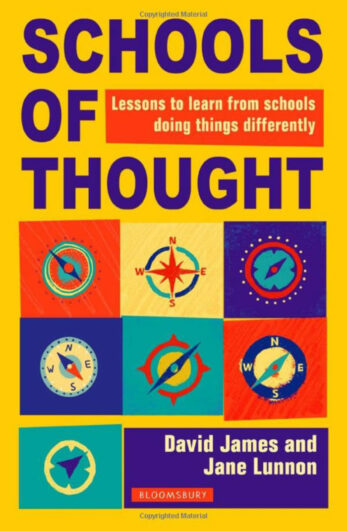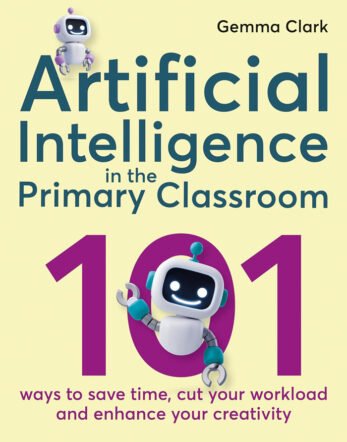Russell Grigg has set himself the challenge of discussing 12 general ideas in education “presented in a largely objective manner, free from ideological positioning”.
Although the book aims to serve as a reference guide and practical manual, the choices Grigg makes about what to include or emphasise demonstrate his biases as a historian of teacher education. Ideology is useful to clarify reasoning, justify editorial choices and critique other opinions, which this book lacks.
The ideas are: education (perhaps tautological, though handy to question some very basic assumptions), childhood, knowledge, skills, dispositions, ethics, instruction, curriculum, feedback, reflective practice, research, and professional leadership. Each chapter summarises the idea, considers its importance, suggests how it can link to what teachers do, and identifies points of reflection. New teachers will find it a useful first step towards further reading, but should be wary of the lack of criticism.
The text is clearly aimed at a British readership, as Grigg’s language is very particular to the UK, from references to Karl Pilkington (in the chapter on dispositions), to the use of phrases such as “behaviour for learning” and a discussion of Ofsted without any gloss. Although he argues that “both knowledge and skills are necessary for a well-rounded education”, this dichotomy is promoted by the book’s structure, which includes both qualities/approaches as two separate chapters.
He reflects categories of “big idea” that most teachers would feel familiar with
Grigg does mention some of the concepts that are currently transforming teaching and learning in schools in novel ways (teaching as performance, learning as mastery, or limits of working memory, for example), but these ideas are not his focus. In this sense he reflects categories of “big idea” that most teachers would feel familiar with.
Educational theories that are perceived as diametrically opposed to each other, and that have unequal evidence bases behind them, are presented with equal attention. The chapter on instruction draws heavily on Siegfried Englemann and the large Project Follow Through study from the USA; the chapter on skills explores different approaches to problem-based learning, citing Guy Claxton.
Grigg is careful not to be too directive with his own opinions. He appeals to Robin Alexander’s authority to explain that this is a deliberate approach to avoid an unhelpful “discourse of dichotomy”. For a teacher new to such discussions, however, this softens the much-needed critique of certain research. Rigorous analysis and criticism can clarify the very myths held by many teachers that Grigg himself says it is important to debunk.
The research chapter focuses mostly on the history and value of action research, and would benefit from a lucid summary of how different academic disciplines such as psychology, philosophy, history and social sciences pose different questions and take different approaches.
The book’s strengths lie in its accessibility. It is simply written and the author intersperses descriptions of the ideas with case studies from research and news stories.
The book’s strengths lie in its accessibility
Each chapter takes us on a whistlestop tour of each idea – they don’t aim to do so with any depth – although this does mean that the text can read like a list of one-sentence summaries of a bibliography.
Without a strong argument about education for us to get our teeth into, the most interesting parts are the sections in which Grigg elaborates on the history of some of the ideas. Each chapter also contains a section called “points for reflection and action”. If the book is to be used as a teacher training manual, it serves its purpose as a starting point for further inquiry, but it lacks the depth to cover any idea or practice alone.
Some of the exercises are very specific and give trainees useful pointers, such as when they are urged to practise giving feedback in different tones of
voice to see how it is received. Here Grigg’s voice and ideas came through most strongly and demonstrate his own approach to teacher training.








Your thoughts